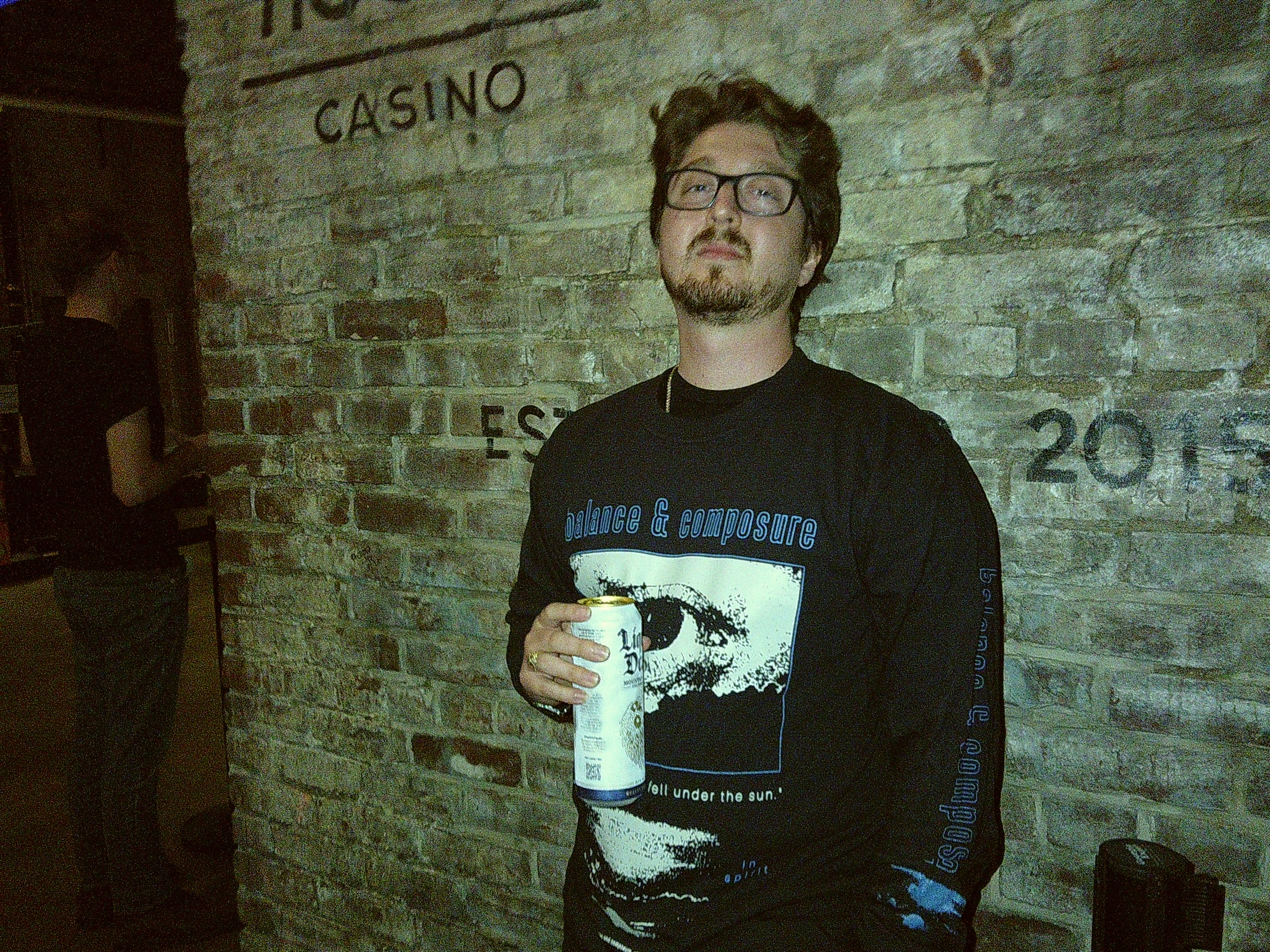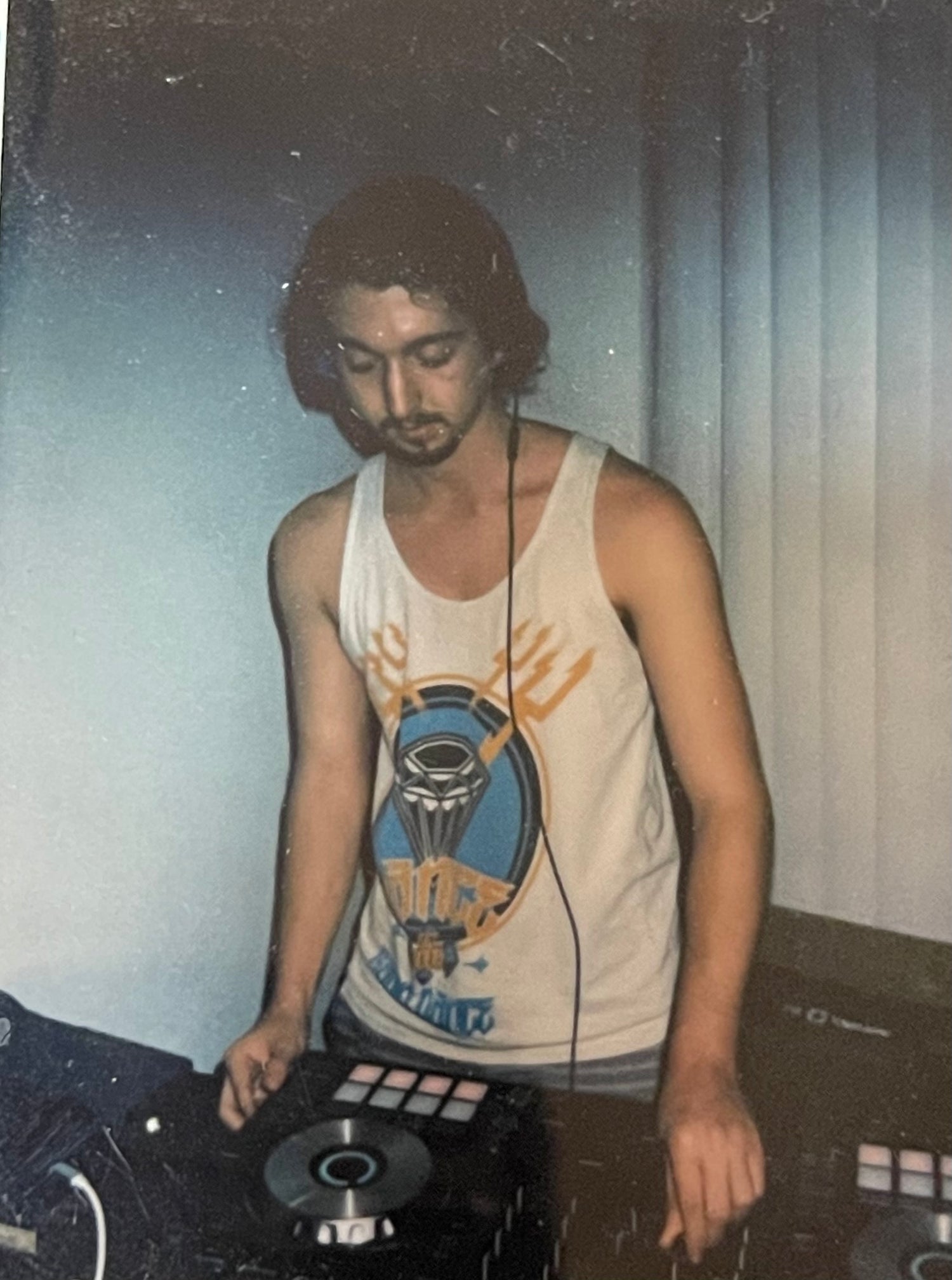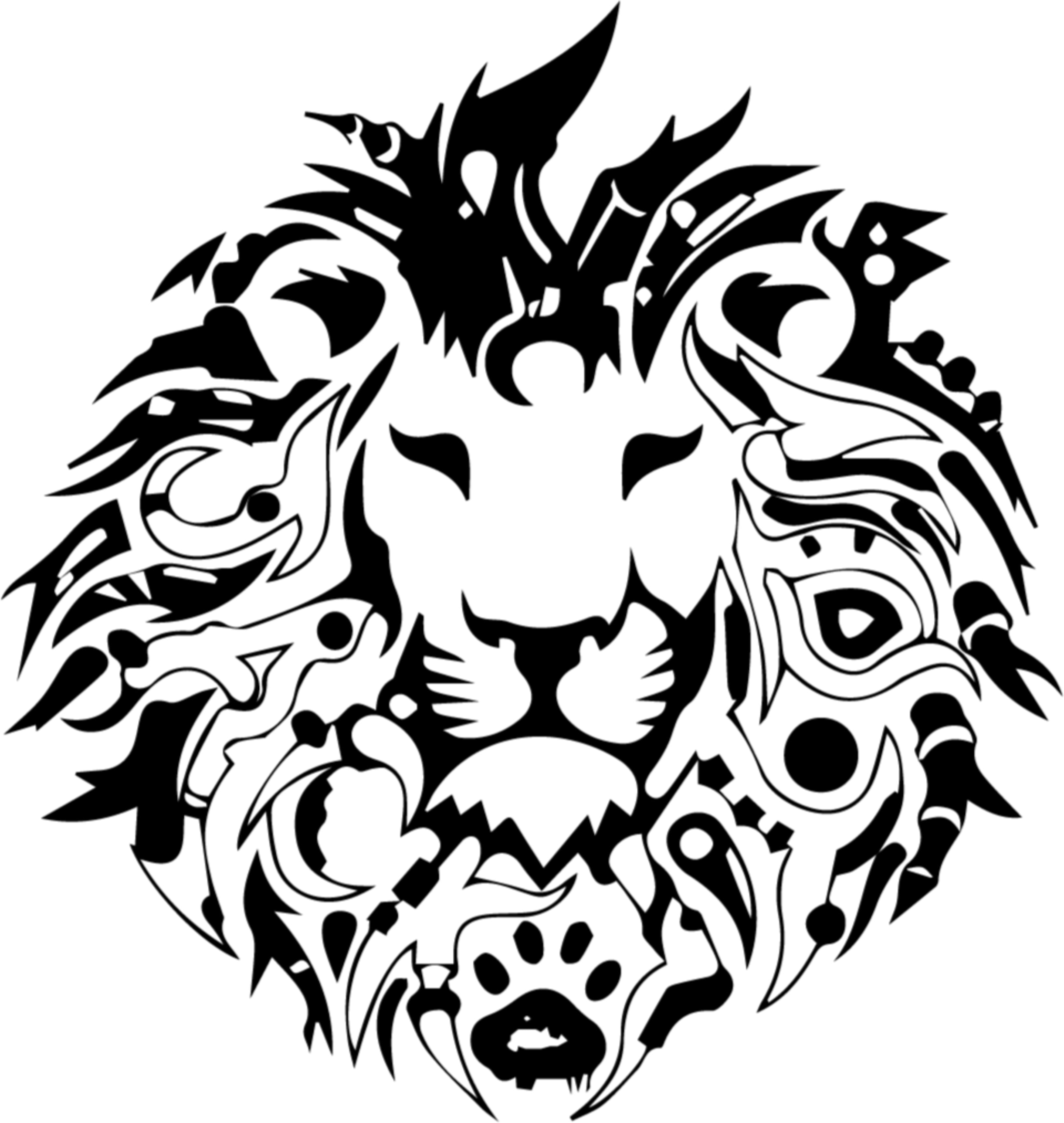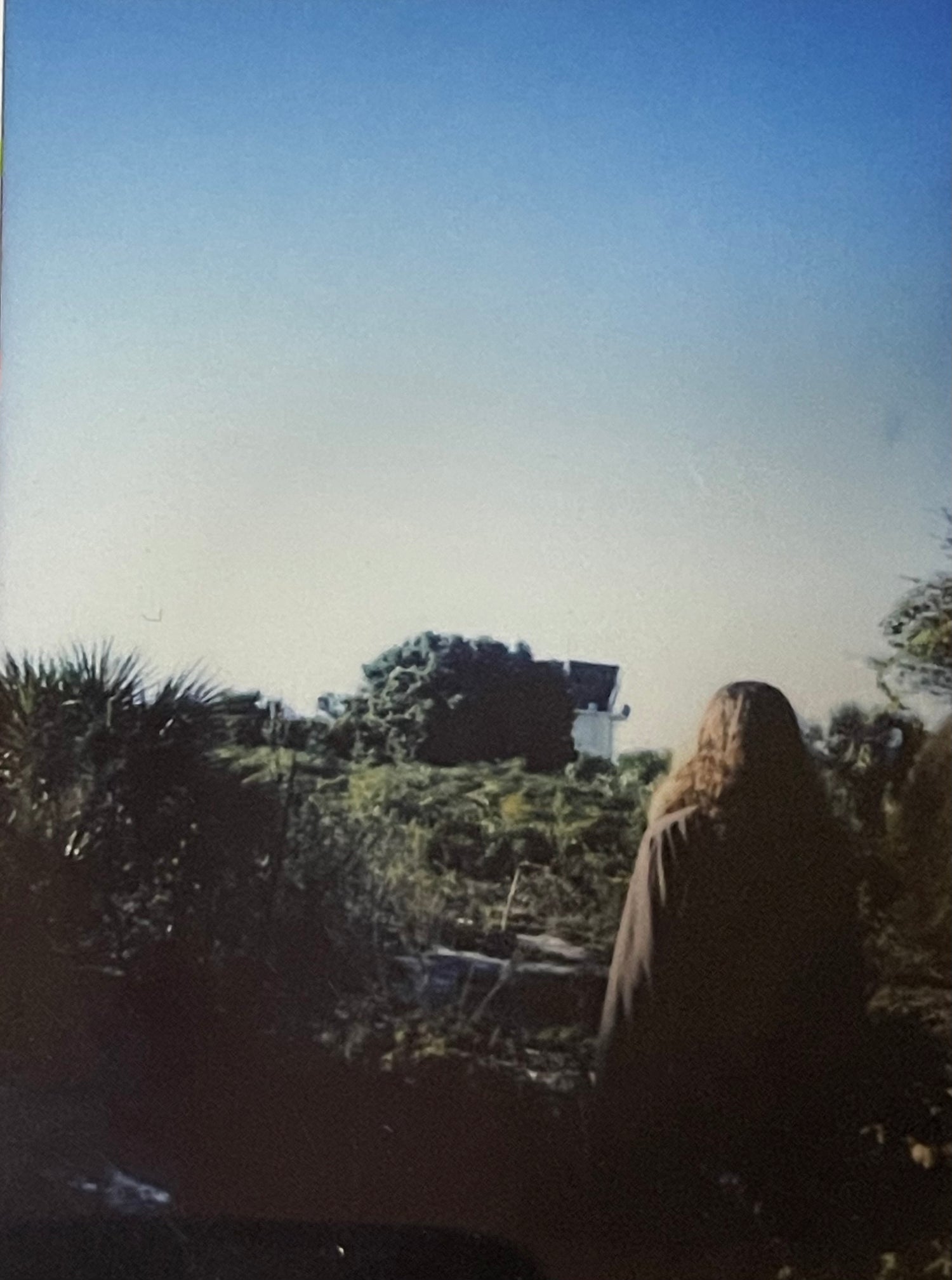
Catching up with innovator Jack.Lion
Written by: Emily Cinder
Jacob Leone, known in the music world as Jack.Lion, is an electronic music producer, guitarist and programmer from West Palm Beach, Florida. His complex and highly calculated sound breaks many foundations and offers a unique lens because of his eccentric use of Max4Live. Jack.Lion's style embraces distinctive and unsettling sound design, pushing the boundaries of electronic music. His innovative approach earned him a notable feature on NOISIA Radio, showcasing his ability to captivate and challenge listeners. Today, we catch up and talk about what he has been up to.
Synapse:
Hey Jake, have you always been involved in audio and music? I’m curious, especially with your work in machine learning. I’d love to hear more about your journey — could you share some of your history with music and how it intersects with what you're doing now?
Jake:
Yeah, so my musical life story is, I guess it starts when I picked up guitar. You know, I tried when I was in second grade, but I never really got anywhere with it because I think I was just too young to commit to a practice. And then over time I think having that early experience was good, because the idea of it kind of became stuck in my mind years later when I was moving into my teens, because I started listening to more guitar based music. Whenever I listened to those songs, I would literally picture myself performing them on stage. Whether it would be at a talent show or in front of my friends, that vision brought me a little closer towards manifesting it, because later I started to take lessons again and then took it more seriously. So, that was the foundation of music for me. I had a guitar teacher who in the area was known for being pretty disciplined for a few years, and he taught me a lot of not just guitar stuff, but like, philosophical stuff in terms of what it means to be a musician and to have that mindset to just grind. He introduced me to the concept known as the shed, which is literally what it sounds like. You lock yourself in a shed like a hermit and you just grind on practicing for like a day. Like those long sessions where you focus on your craft and what makes the difference between like a hobbyist and someone who treats it more like a discipline.
There is so much to explore, we live in a culture now where our attention spans are not getting much better, therefore it's harder than ever to learn something like an instrument and really try to master it. Of course, it's subjective, how far you want to go with something is up to you – but for me, I just can't be satisfied with the most basic result. I have to explore things as much as I feel like I can …
So I got to college, and I transitioned from wanting to record music and be sort of like a Kevin Parker type of recording artist, to essentially exploring all the things you can do with the DAW because once I discovered Ableton Live it was almost like I opened Pandora's Box. And you know, of course in college, like I was introduced to dubstep and electronic music by going out to shows with my friends. So I was kind of getting introduced to a new world of music, and now I had the perfect tool to make experimental music like that. I felt like I didn't have to struggle with understanding scales and everything that makes the learning curve even steeper for most, since I had just spent so much time studying music theory and playing guitar, and this kind of just naturally allowed me to transition into the world of sound design. I went to Tipper & Friends in 2017 and I don't even think I was even 21 yet, but that was formative and definitely showed me the other side. So pretty rapidly I was introduced to the depths of this genre of bass music, I would say. Essentially, that was sort of an inflection point for me where I was like, “Okay, now I understand. All the past things that I went through musically were leading up to this discovery phase and now I understand how to make what I really like.”

After years of extensive experimentation, Jake talks about the evolution of their original sound shifting and changing with their practice, and by doing so this is embracing the creative journey. Now, in 2024, they feel ready to move forward, blending old influences like guitar, math rock, and jazz with new ideas to refine their artistic direction.
Synapse:
How old is the Jack.Lion project?
Jake:
So that was in 2016 when it began. I feel like ever since I've had these motivations, these vague ideas that I'm ready now more than ever to kind of put them into motion, just because back then I was so young and naive. You go through so much different stuff, trying to get both your music and business career going and everything, and then even when you have work, a lot of your time goes towards that job. Yeah, so I guess I've always been big on setting goals and holding myself to them. I’ve been logging my time and just setting goals to make sure that I try and get as close to 20 hours a week on the DAW. Setting those small, achievable goals that'll motivate me to get to the next step. Yeah, accountability, right? And it's not about watching the clock and making sure that I crunch into the mark, but rather to motivate me to just get into the flow state. Like, that's what really counts. And so naturally, as a result of just putting more time into it and being consistent, you'll achieve flow more easily and more often. And I think that all you need to do is hit that state, and the magic just starts to happen on its own.
Synapse:
So Jack.Lion was a project you started while attending college. Now that you've graduated college, how does that intersect with what you're doing now for work and how did you get into the machine learning sector?
Jake:
So I just graduated with my master's. College kind of sucked for me at first, like I tried to join FAU for music around the same time I started the Jack.Lion project. The thing about that was, like they just weren't teaching the music and skills that I wanted to make, which was all this electronic music I was discovering at the time. And it's not even about learning how to make that music, but just like being an artist. Like, they don't really teach you that. So I picked up a few skills there, but for the most part I tried it out and it wasn't for me, and I moved on to taking all the foundational college courses. Eventually, I did get my bachelor's in psychology, but ultimately I wound up pivoting into tech, which was around 2021 when I made that decision. I had the opportunity to go for a Computer Science Masters, and at that point, I had been experimenting with Max MSP for a few years as well as coding shaders for graphics.

Jake explained that music ultimately led them into tech, though their father played a big role as a mentor and supporter, always encouraging them to pursue engineering. Through inspiration from artists and getting comfortable with tools like Max, TouchDesigner, and shaders, they eventually paved the way for themselves to explore Python, AI and other technologies that they now use in both their work and music.
Jake:
I've built plugins, and I've built Max devices. I think one of the things I want to do with the Jack.Lion project is sort of pivot towards these technologies and make it more about, maybe not so much me personally, but my journey through life and what I have to offer others. Ideas that come to mind include Twitch streams or YouTube tutorials, making plugins and helping others make that transition: because it's something I want to get better at and explore. I'm still very new to some of this stuff like making VSTs specifically, but I’ve explored Max for quite some time, and now I feel like I have a pretty solid understanding of audio algorithms. And I think from this vantage point it's always been a handy tool to have in my back pocket. If you have an idea or like a problem that you want to be solved, you can overcome that problem.
Synapse:
Right? You can create your own solution.

Jake:
Exactly, and nothing can stop you at that point. Usually, like someone will have that thought, and they'll wish it was a feature and then from there, without the means to produce that idea, it kind of just dies out. There's so much you can already do with Live and all these other DAWs that you can forget it and still get deeper into the workflow available to you. But like, whenever you can customize your workflow, or introduce a new tool to your environment that helps you do something particular, that will help distinguish your sound and help you go deeper into what distinguishes your style as a result of that effort.
